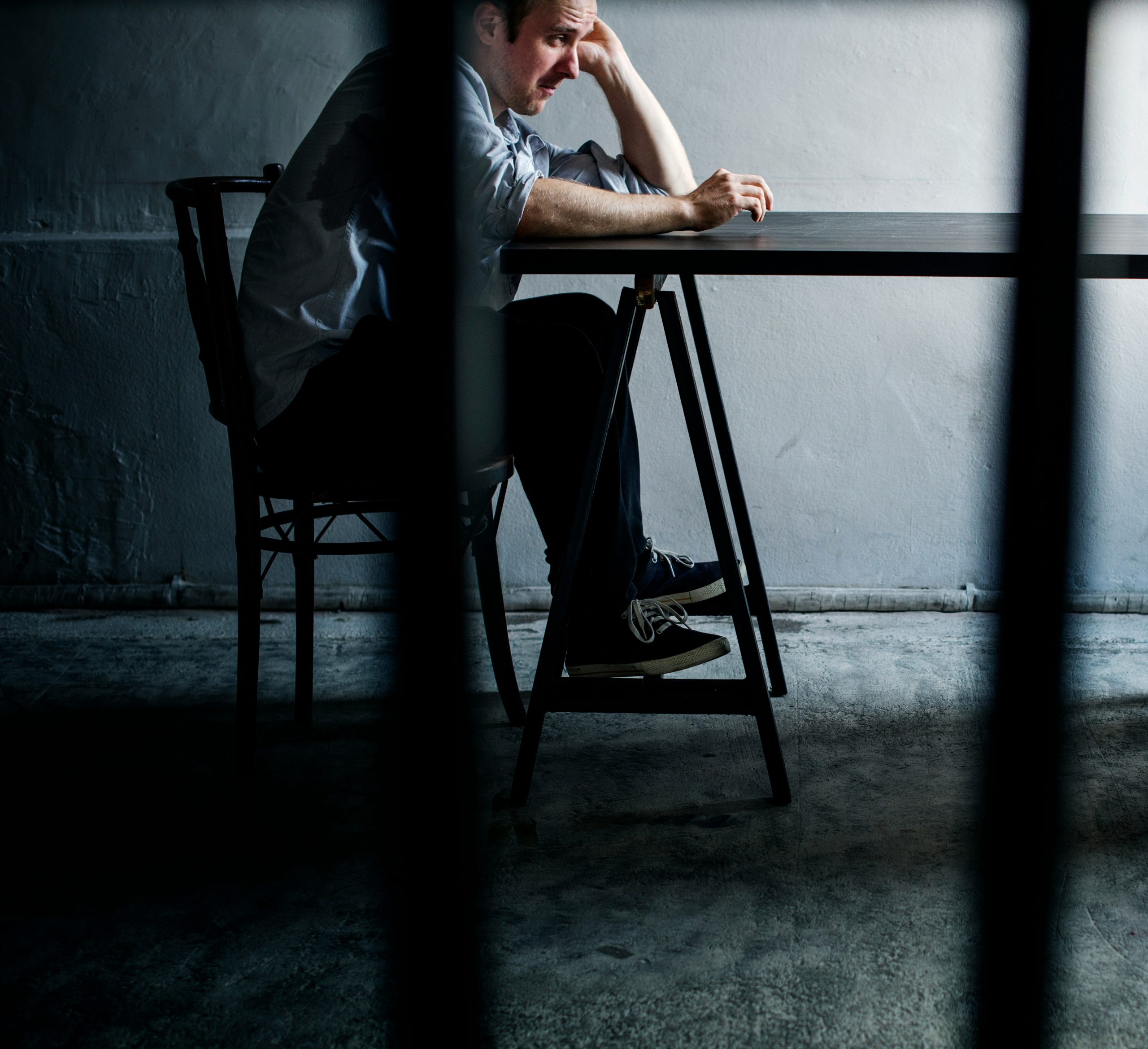
The intersection of mental health services and criminal justice reform has gained considerable attention in recent years. A growing understanding of how mental health issues contribute to criminal behavior has led to a shift in the way individuals with mental health conditions are treated within the justice system. This change is essential, highlighting the need for a more compassionate and practical approach to criminal justice, including providing adequate mental health services.
Recognizing the Role of Mental Health in Criminal Behavior
Studies have shown that individuals with untreated mental health conditions are more likely to encounter the criminal justice system. However, this correlation does not necessarily mean that mental illness causes criminal behavior. Instead, it points to a pattern where untreated mental health issues, combined with social and environmental factors, lead individuals down a path of criminal activity. Addressing these underlying conditions could prevent many individuals from becoming involved in the system in the first place.
Increasing awareness of this issue has led to changes in the way law enforcement and the justice system handle people with mental health conditions. Many jurisdictions have started integrating mental health professionals into their operations, training officers to better identify mental health issues in those they interact with. Police officers are increasingly training to recognize the signs of mental illness and respond accordingly instead of resorting to punitive measures. This shift helps prevent unnecessary incarceration and ensures individuals receive the necessary support.
Expanding Mental Health Services in the Justice System
Providing adequate mental health services within the criminal justice system is crucial for both reform and rehabilitation. Many individuals with mental health conditions find themselves caught in a cycle of arrests and incarcerations, often due to a lack of appropriate care. Instead of offering treatment, jails and prisons frequently serve as de facto mental health facilities, which are not equipped to handle complex mental health needs. As a result, individuals may experience worsening symptoms, leading to more frequent encounters with law enforcement and a higher likelihood of reoffending.
To address this problem, reform advocates have called for the expansion of mental health services within correctional facilities. This includes increasing the availability of counseling, therapy, and medication management for incarcerated individuals. Offering these services helps individuals manage their conditions and reduces the likelihood of recidivism. Additionally, many individuals with mental health issues who receive proper treatment while incarcerated are less likely to re-offend upon release, which makes rehabilitation more effective in the long run.
Creating Alternatives to Incarceration
The emphasis on mental health services within criminal justice reform also calls for creating alternatives to incarceration for individuals with mental health conditions. Traditional punitive approaches to criminal justice have proven ineffective in addressing the underlying causes of criminal behavior, particularly for those with mental health disorders. Instead of relying solely on jail time, there is a growing push to divert individuals with mental health conditions into treatment programs. These programs focus on rehabilitation and recovery rather than punishment, offering individuals the chance to receive therapy, counseling, and other support services in a more appropriate setting.
In some regions, authorities have established specialized courts, such as mental health courts, to oversee cases involving individuals with mental health issues. These courts ensure that individuals receive the necessary treatment while holding them accountable for their actions. Mental health courts provide a more tailored approach to criminal justice, focusing on rehabilitation rather than imposing prison sentences.
The Impact on Recidivism Rates
One of the most significant benefits of integrating mental health services into criminal justice reform is the reduction in recidivism rates. Without access to mental health care, individuals with untreated conditions are more likely to re-offend, often because they are not receiving the help they need to address their issues. Mental health services offer individuals a chance to understand and manage their conditions, making them less likely to engage in criminal activity. As a result, providing mental health services within the justice system can help break the cycle of reoffending and lead to better long-term outcomes for individuals.
Moreover, providing adequate care and support can also benefit society. By reducing recidivism rates, mental health services help lessen the burden on the criminal justice system and taxpayers. Individuals who receive treatment are less likely to commit new crimes, which can reduce the overall crime rate and the strain on correctional facilities. This approach to criminal justice reform benefits those directly involved and the broader community, leading to safer neighborhoods and a more just system.
Building a More Compassionate Criminal Justice System
Incorporating mental health services into the criminal justice system is critical to building a more compassionate and practical approach to justice. A system that recognizes the role of mental health in criminal behavior is better equipped to treat individuals with the care and respect they deserve. By focusing on rehabilitation rather than punishment, mental health services provide individuals with the tools they need to improve their lives and reduce the likelihood of reoffending.
This compassionate approach also helps to dismantle the stigma surrounding mental health. When the justice system treats mental health issues with the same seriousness as physical health problems, it encourages society to view mental health as an integral part of overall well-being. As public awareness grows, people hope that reforms will be implemented, creating a criminal justice system that prioritizes rehabilitation, care, and fairness for all individuals, regardless of their mental health status.